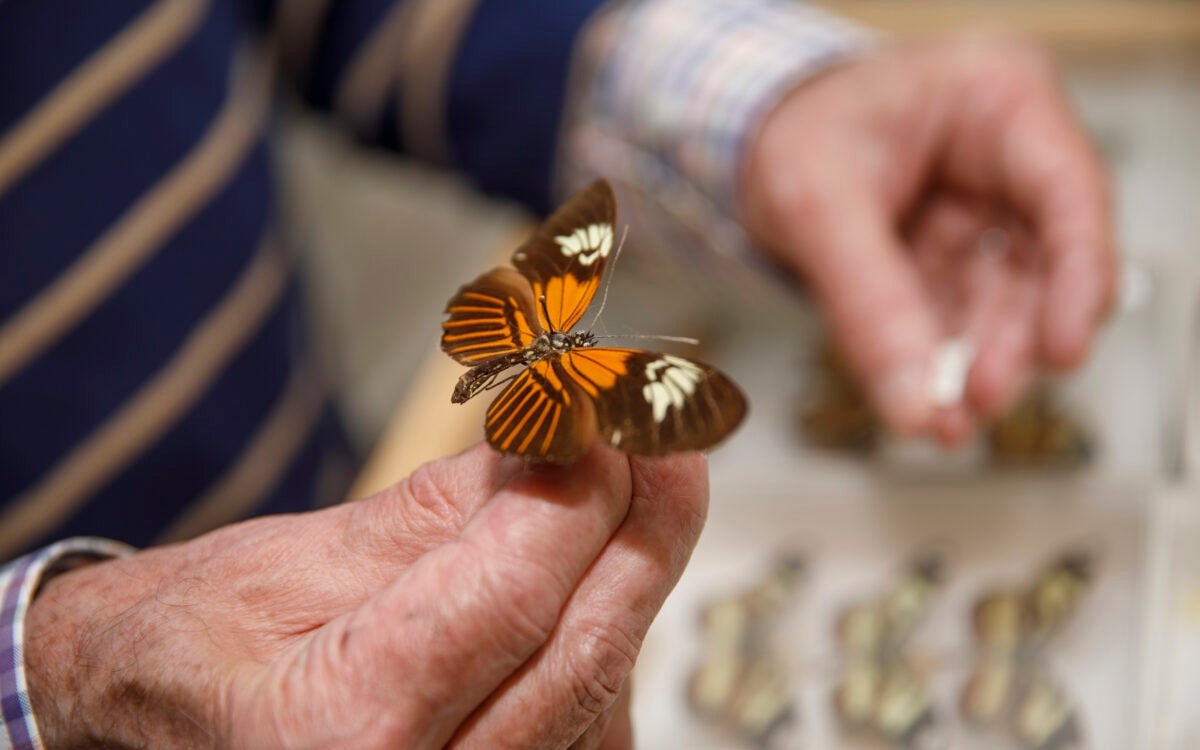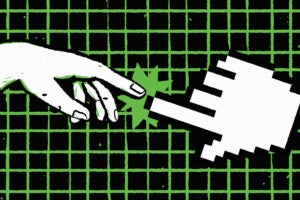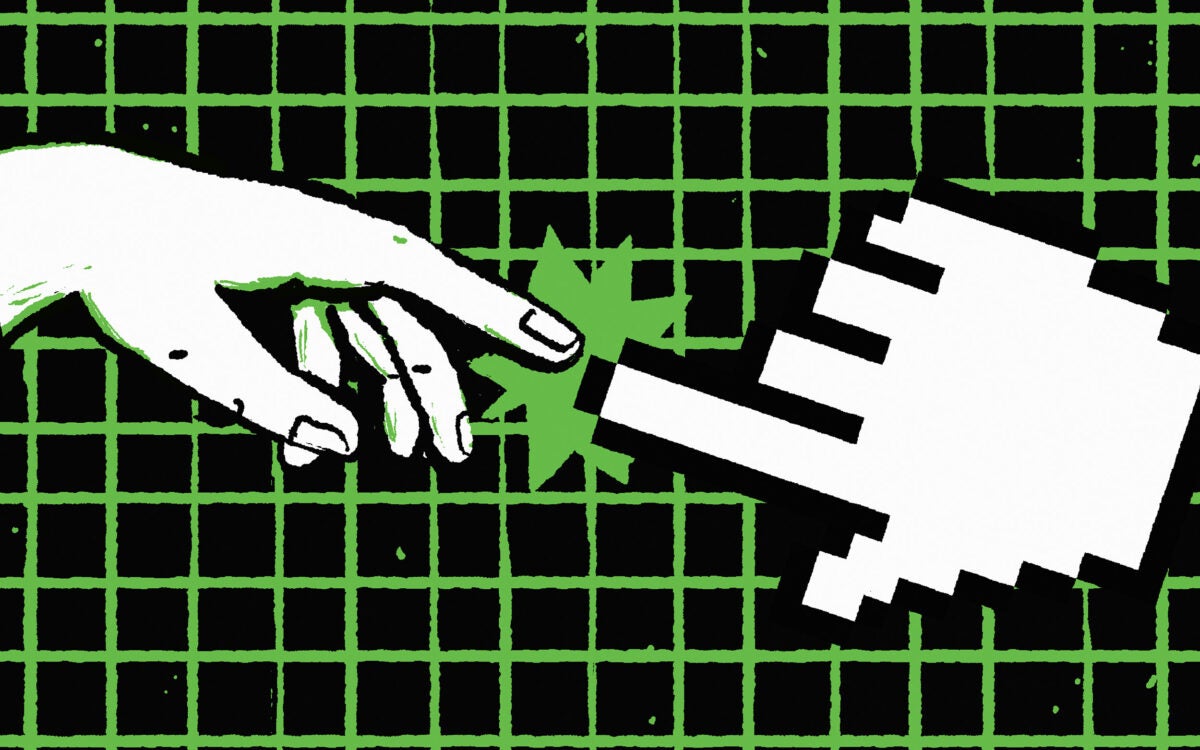Nanotechnology: Big issues from small stuff
Is U.S. falling behind in technology too small to see?
Discoveries in nanotechnology could change the future. Where will such discoveries most likely to take place? Don’t assume it’ll be the United States, cautions Mallinckrodt Professor of Chemistry George Whitesides. Japan’s and Western Europe’s investments in nanotech R&D are on par with the United States, and China is coming up quickly. “We don’t yet know how we will compete” in this ratcheted-up environment. “If we don’t figure this out,” he says, “the U.S. will lose a major competitive advantage.” The country’s challenges seem daunting, especially when Whitesides points out that U.S. students are not given enough of a basic scientific education. As a result, countries like China and India are moving far ahead of the United States in technological literacy. To turn the tide and cultivate a culture of continuing nano-brilliance, universities should play a role in helping the United States gain back the scientific ground it has lost. After all, says Whitesides, “much of our country’s wealth has come from technology.” Harvard and other institutions of higher learning should help increase the country’s scientific literacy by “giving students obligatory doses of technology and science. We have to help students understand how it all fits together. It’s a complex issue.”




